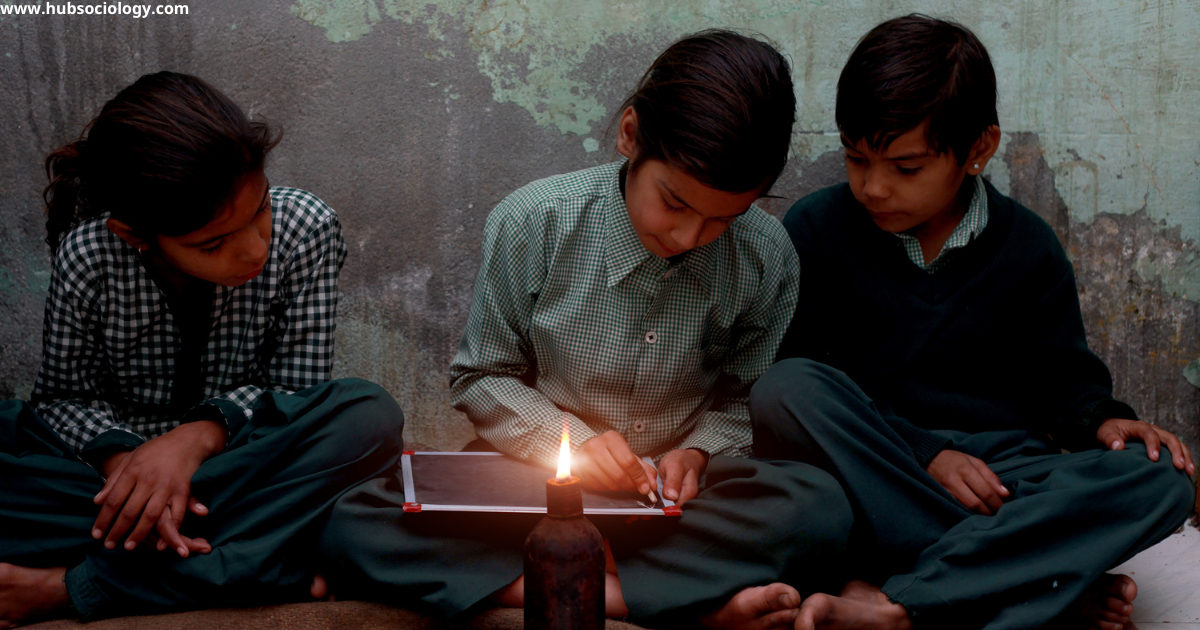The International Classification of Functioning (ICF) Model of Disability
Introduction Disability is a complex and multifaceted phenomenon that has been understood and interpreted in various ways across different societies and academic disciplines. The International Classification of Functioning, Disability, and Health (ICF), developed by the World Health Organization (WHO) in 2001, provides a comprehensive framework for understanding disability beyond the traditional medical model. Unlike earlier models … Read more









